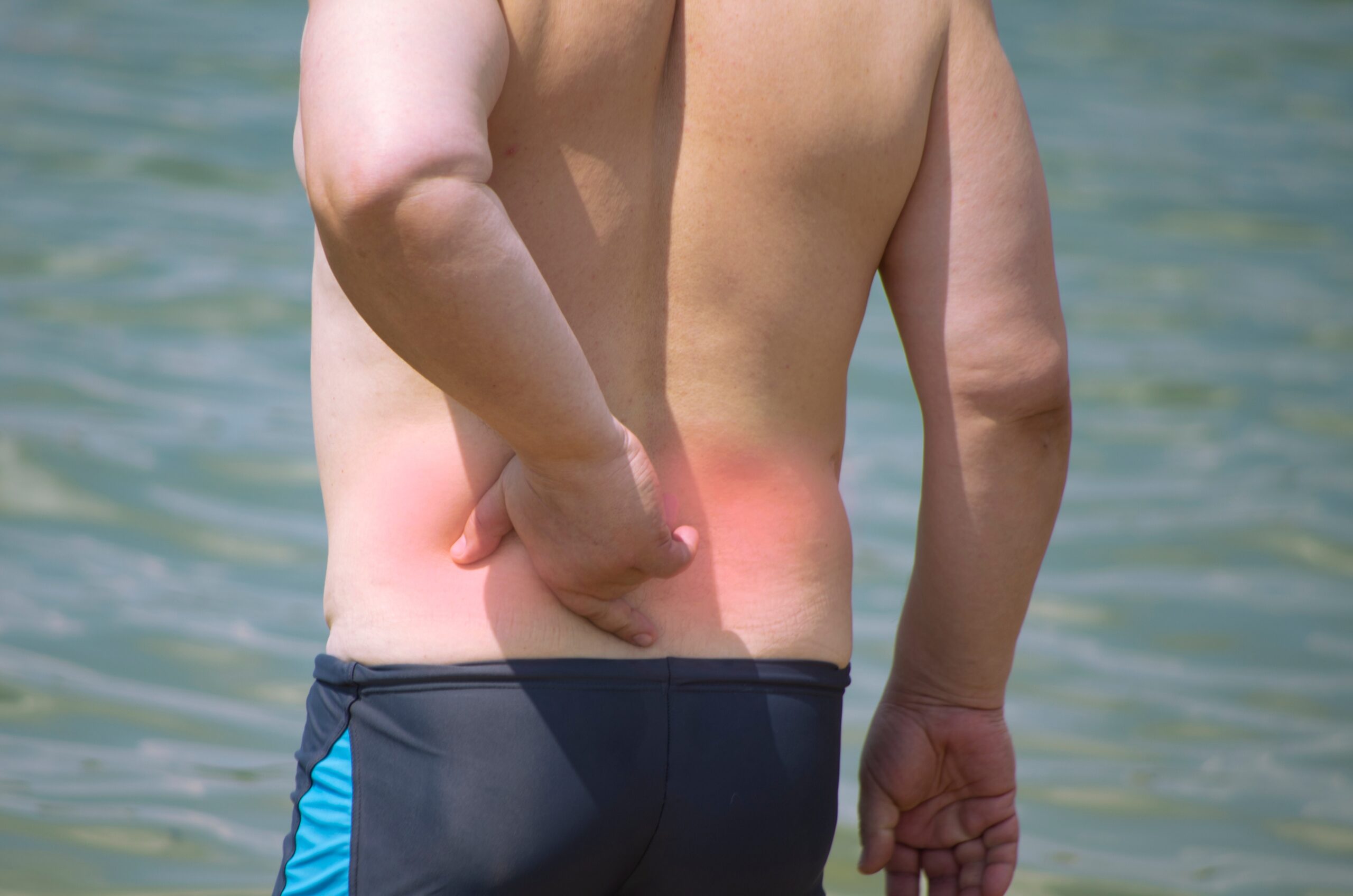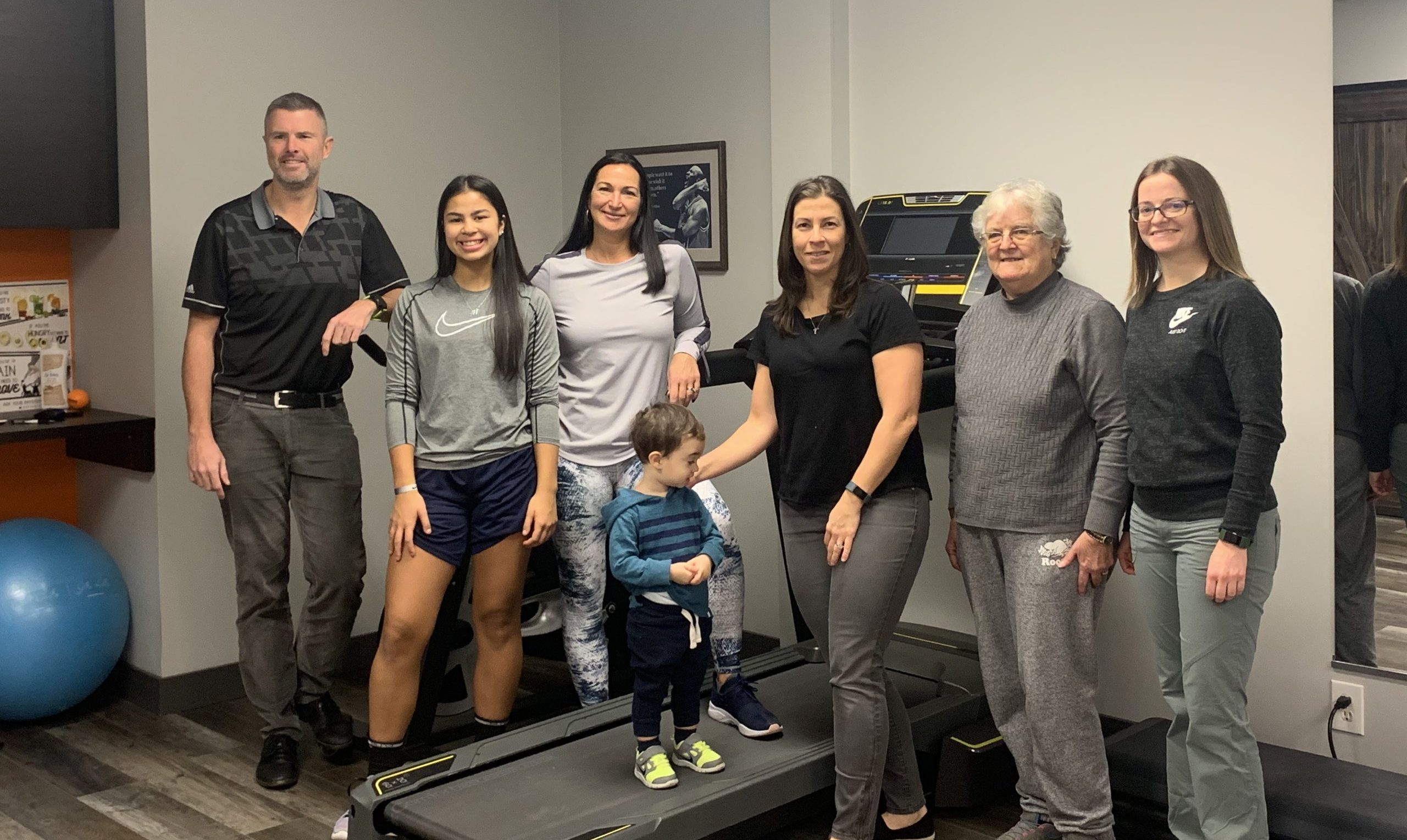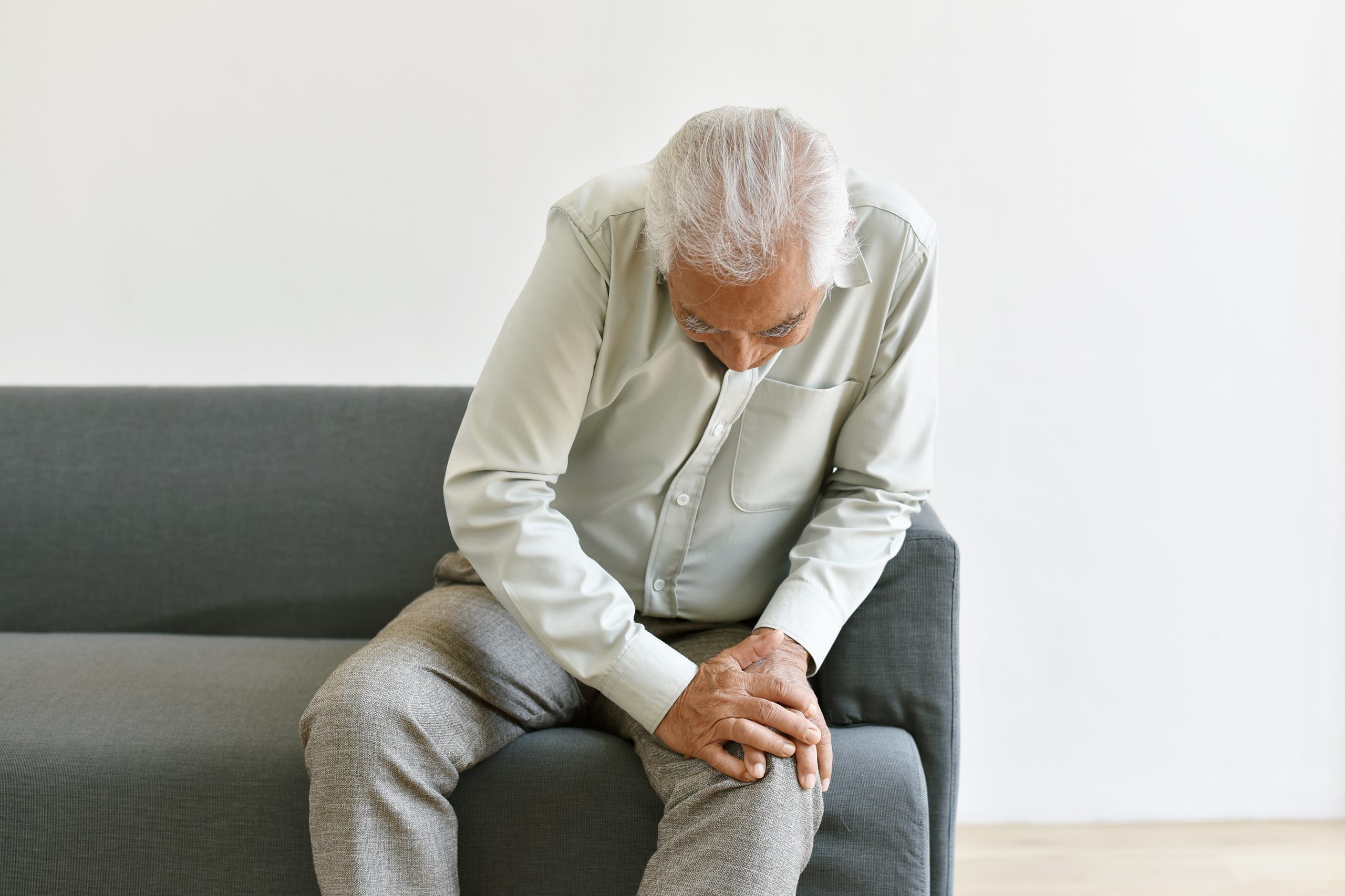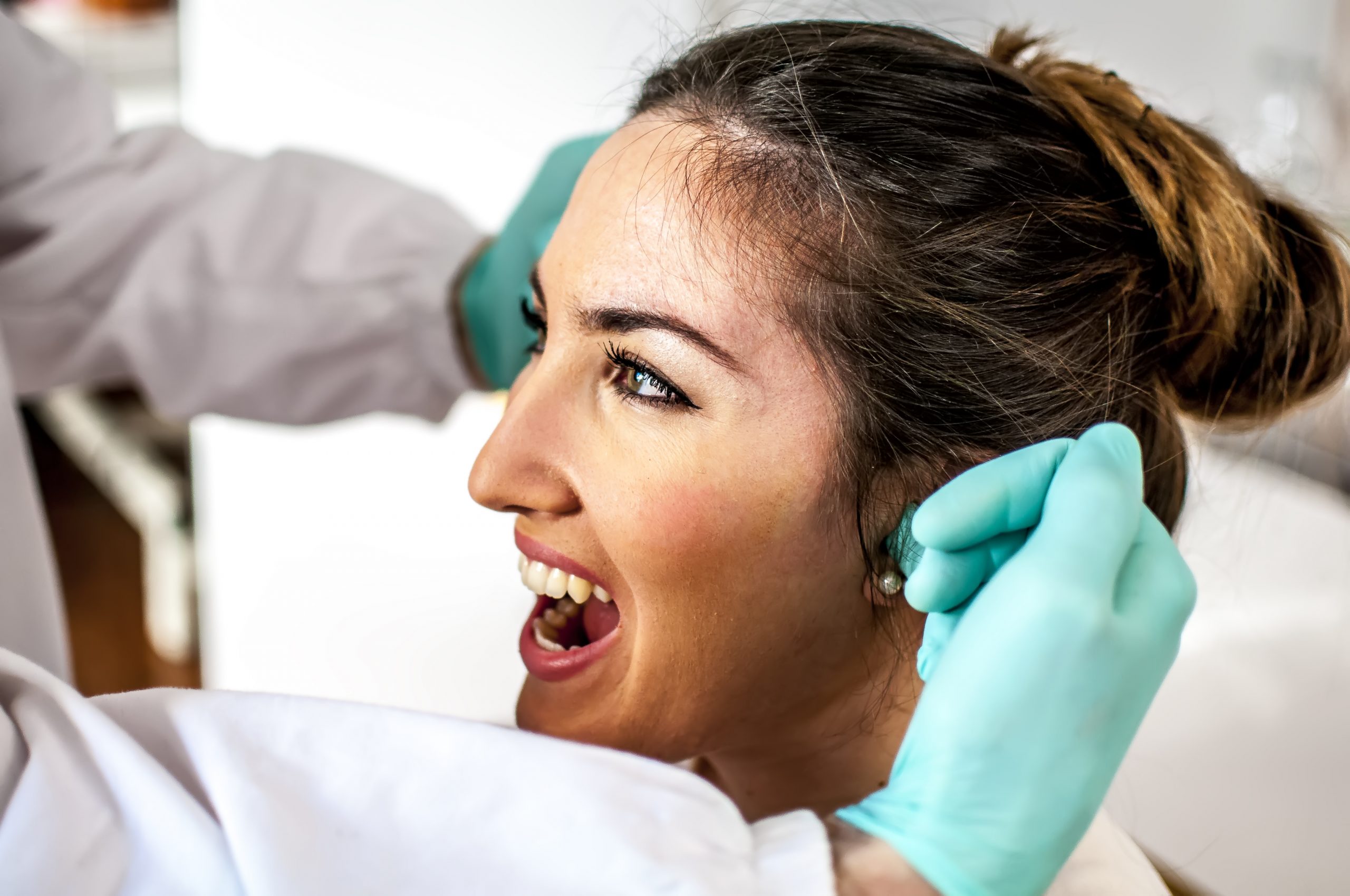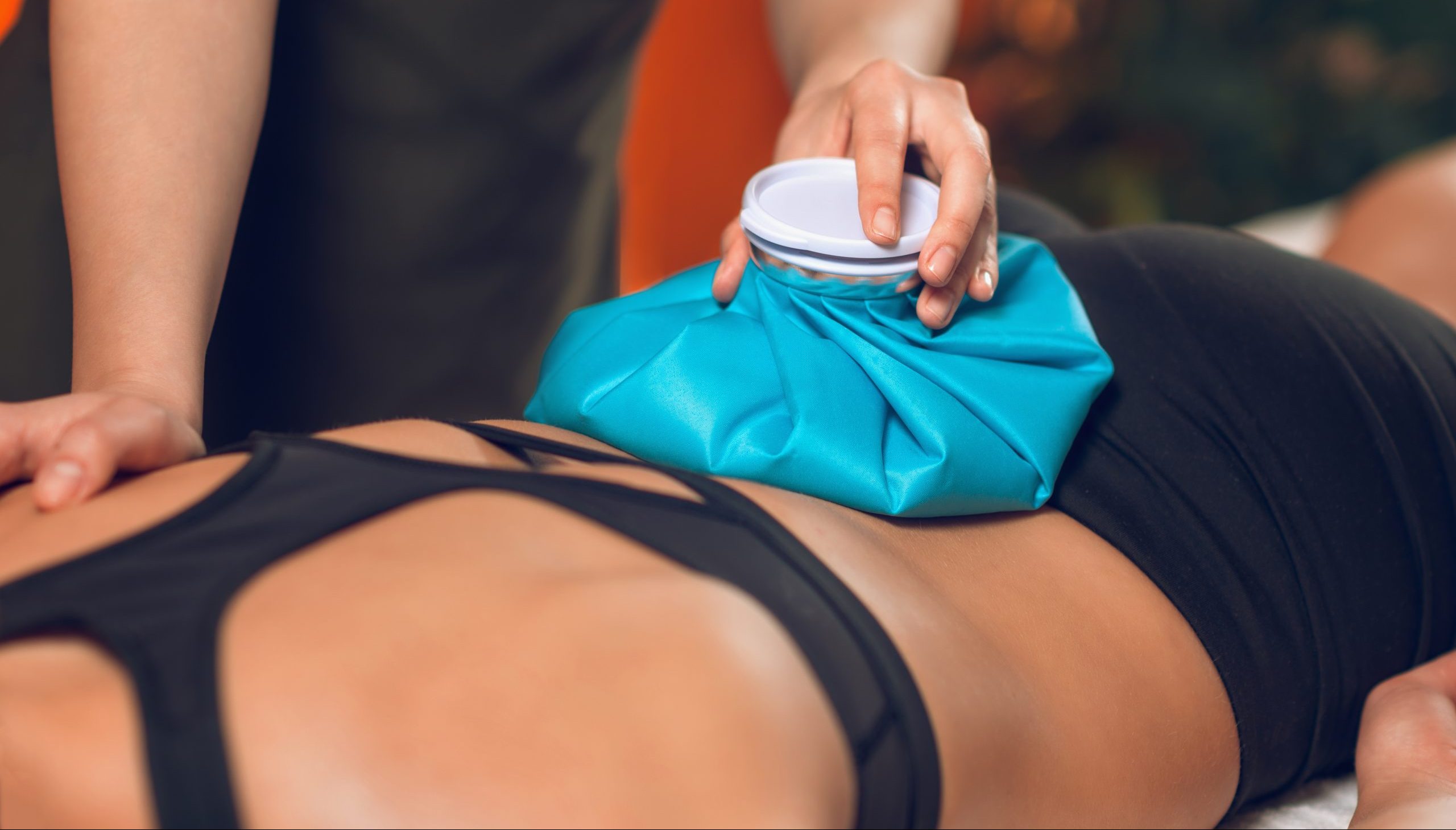Prevention of Sciatica
A common diagnosis we see with patients being referred to us by doctors is sciatica. Sciatica is pain that originates in your lower back and travels down your leg sometimes reaching to your foot. This pain is caused when your sciatic nerve is irritated, inflammed or compressed. Sciatica can last days, weeks or even months. The chances of getting sciatica increases with age. Sciatica can be debilitating, good news is there are ways to prevent it!
What to expect during your visit to Fortius Physio
We get asked many questions about what to expect during your visit with a physiotherapist.
Degeneration and Osteoarthiritis
Tales From The Treatment Room…..
You have likely heard these terms, and they can seem pretty scary, but they are really just technical terms for wear and tear of the joints, the most common areas are the areas that take the most weight/load. Such as our knees, hips and low back. But unfortunately, even our necks, shoulders and hands are not spared.
What is TMD?
Temporomandibular disorder (TMD) is the condition involving pain and discomfort with the movement and function of the jaw bones, muscles and tissues.
Lower Back Pain? We Can Help!
Your lower back pain can be the result of many different things. The pain could be attributed to overuse, muscle strain, and/or injuries to the muscles, ligament and discs that support the spine. Injuries left untreated can lead to muscle imbalances of the spine. This will make the back more prone to injury or re-injury.
Do you experience pain in your face or jaw?
This pain that you are experiencing could be related to your temporomandibular joint (TMJ). This is the hinge joint that allows you to open and close your mouth. This pain can often be debilitating because it makes eating, chewing, brushing your teeth difficult and can even keep you from getting a good night’s rest.
Noisy Knees?
Often in the clinic patients ask why do my knees crack, pop, click or crunch? My reply is does it hurt when this happens? I ask this because it is common that this happens without pain. This noise is usually coming from the patellofemoral joint behind the knee cap. The noise is most likely due to the movement of fluid behind the kneecap that lubricates your joint and is not an indicator of a joint problem.


